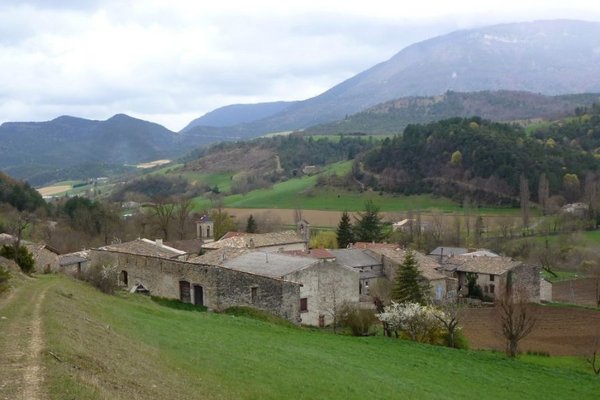
Promoting microgrids in rural and island areas
The PEGASUS project aims to promote microgrids in rural or island areas. The objective of the project is to study the technical, administrative and economic conditions for the development of electrical microgrids. Based on monitoring of pilot sites, different economic models will be evaluated. In addition, tools and methods will be implemented to facilitate the replication of new microgrids.
A favourable regulatory environment
The concept of collective self-consumption was introduced into French law in 2017. In rural areas, many territories have significant renewable energy resources and the development of collective self-consumption operations could meet multiple challenges:
- Reduction of the cost related to network infrastructure
- Reduction of electrical distribution losses
- Reduction of the electricity bill
- One-off reliability of supply

The village of Saint-Julien-en-Quint (Drôme, Vercors Regional Nature Park) is the pilot site studied as part of the PEGASUS project. Most of the buildings connected to the IV/LV switchyards of the village, with about forty customers, were instrumented in order to collect the load curves during one year. |
Instrumentation of a pilot territory and scenario study
The project had several phases:
- Selection of a pilot territory through a call for expressions of interest
- Instrumentation of the pilot territory for one year (reporting of power data at a time step of 10 minutes)
- Technical study of different scenarios of local self-consumption with or without control and/or storage
- Economic study of the collective self-consumption project
- Assessment of reproducibility conditions
- Communication and spin-off actions
[Updated: July 2019]


Imprimer